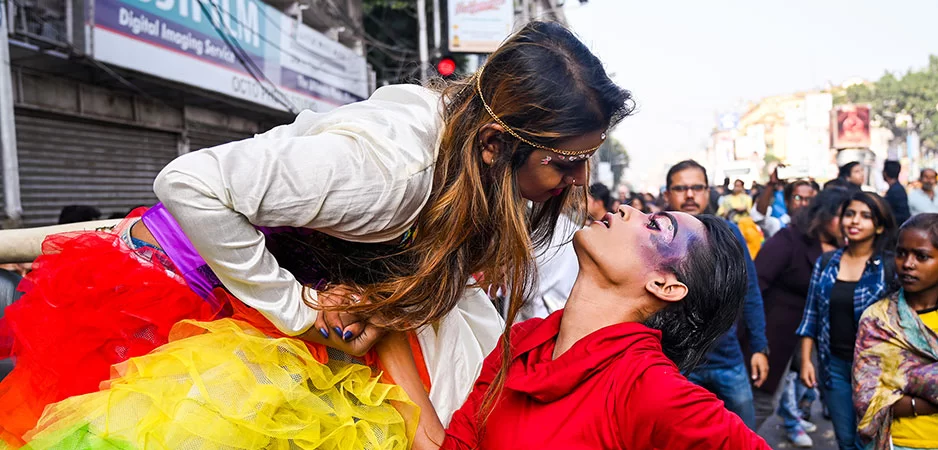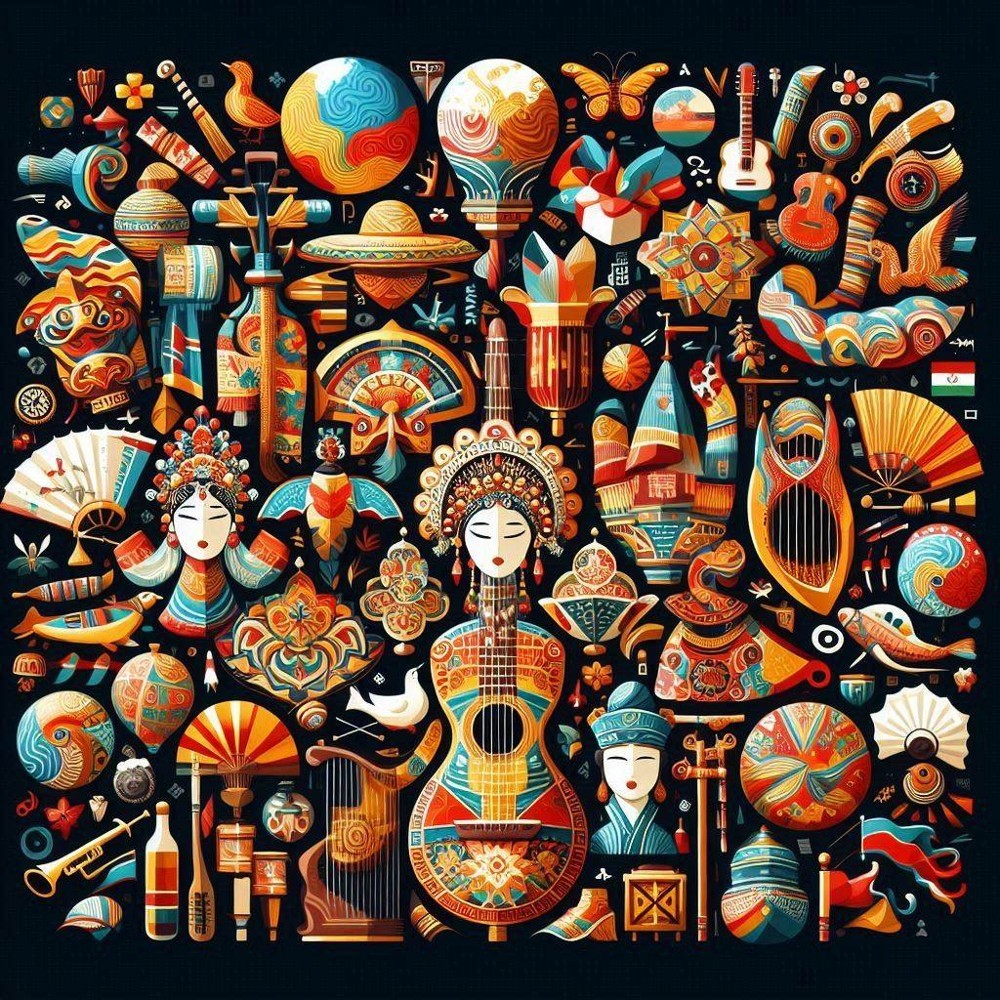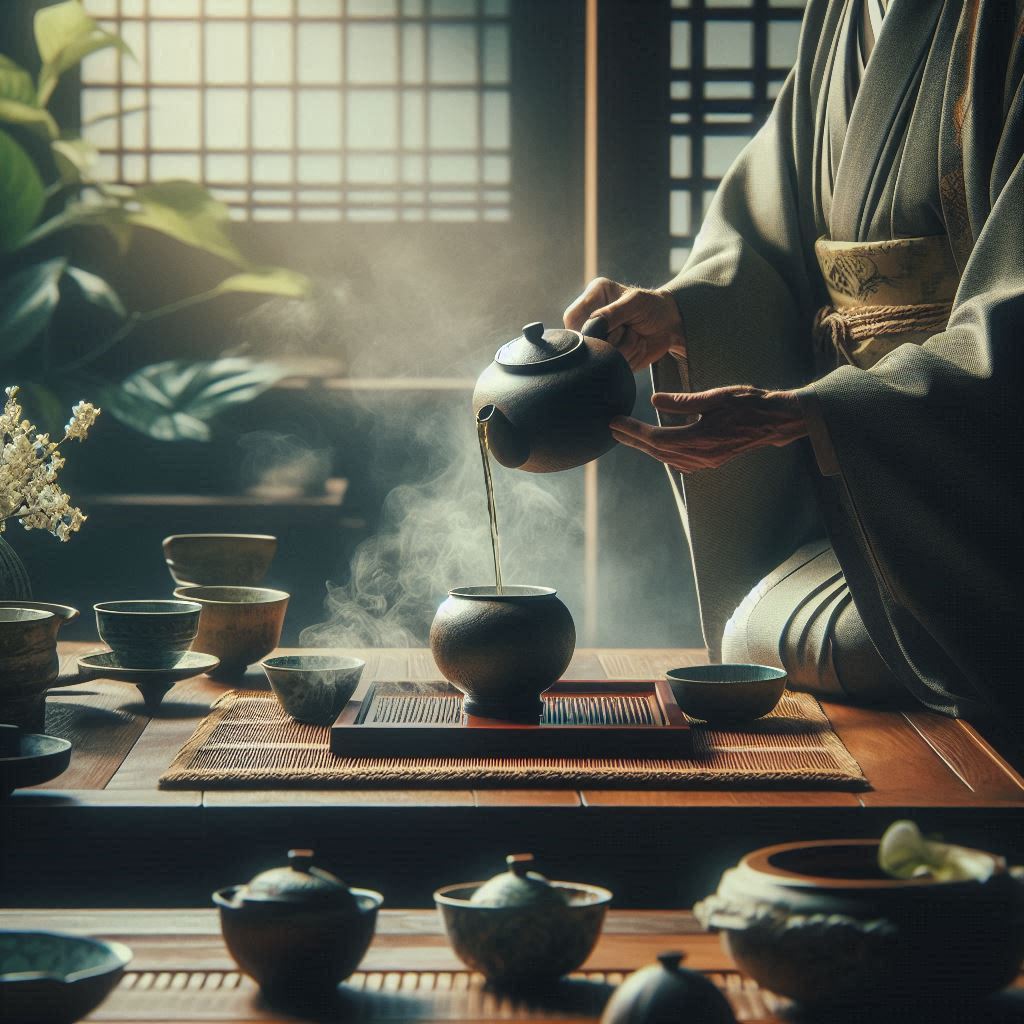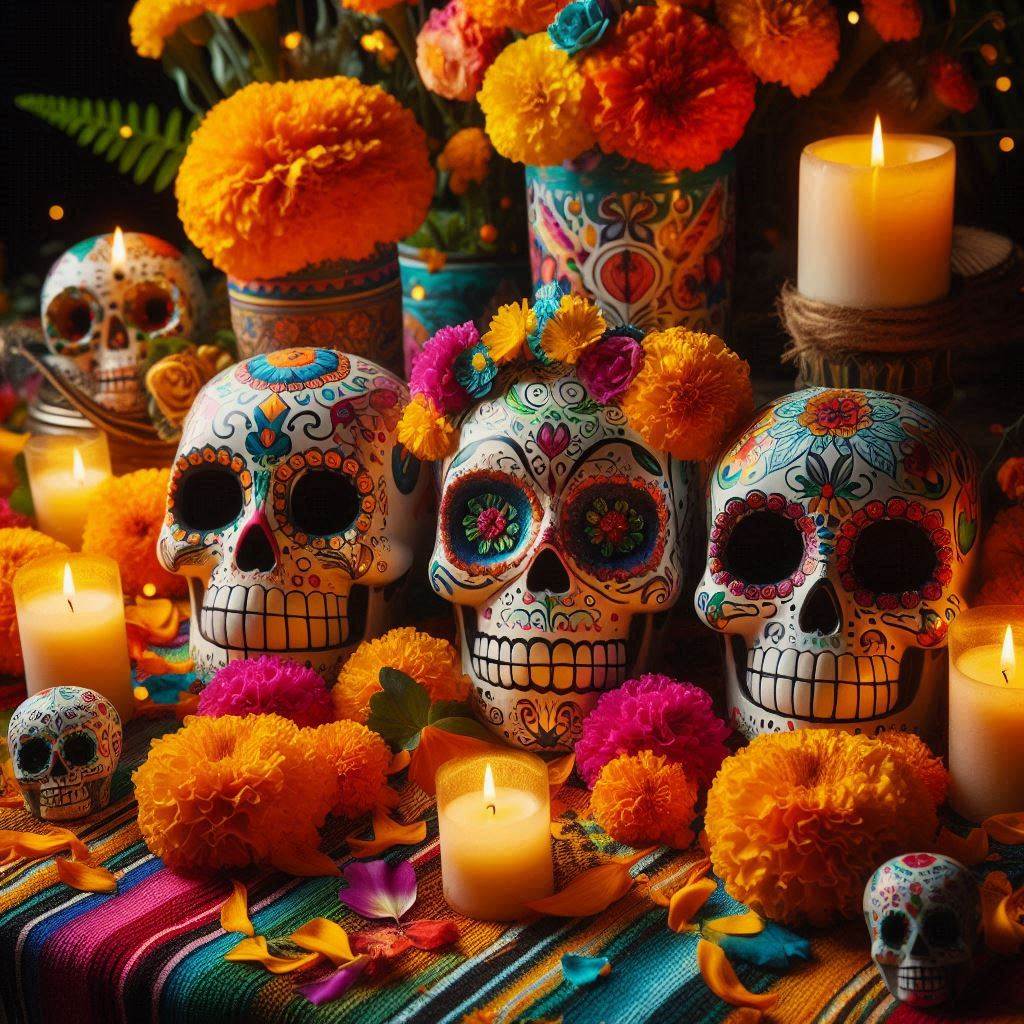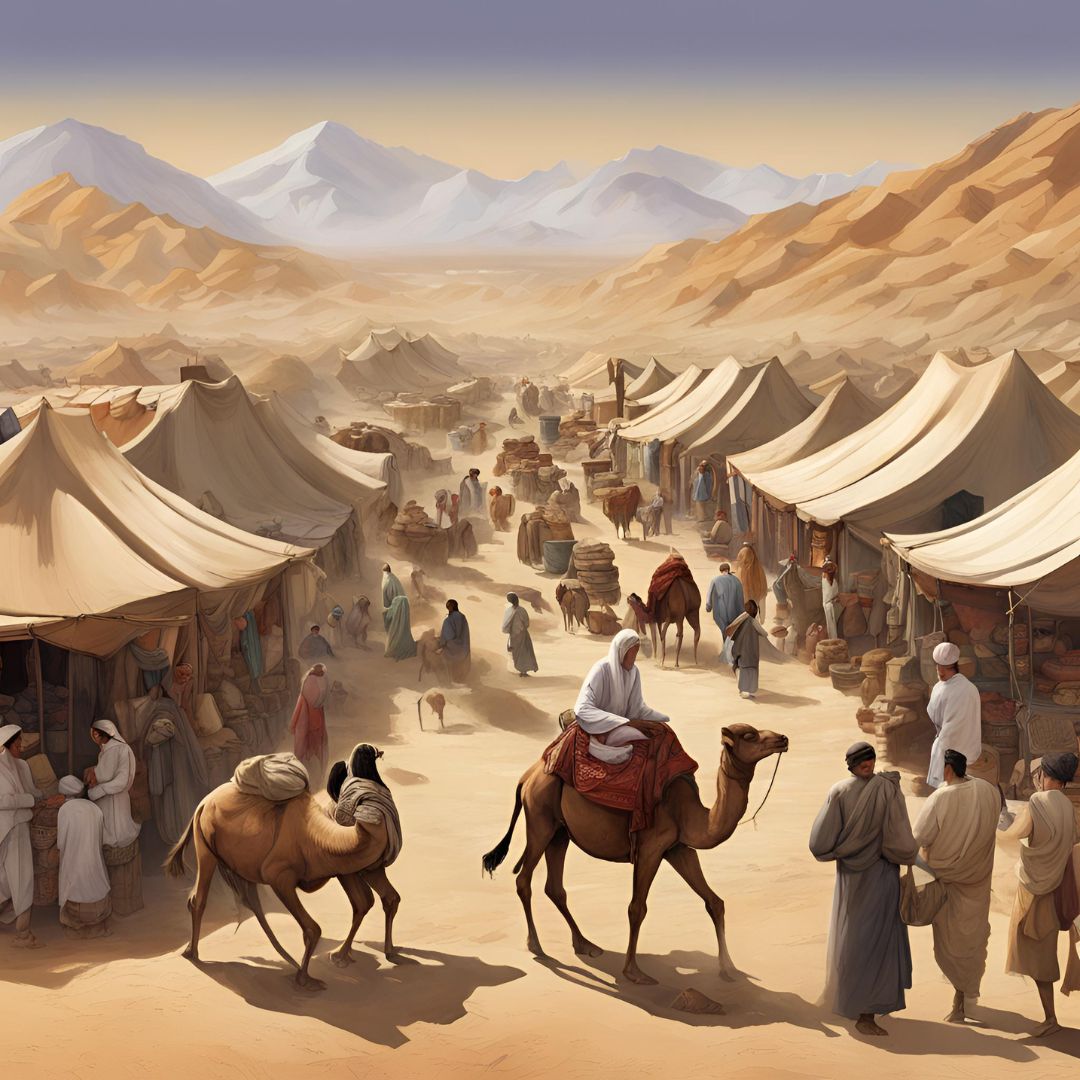Published: 6 months ago
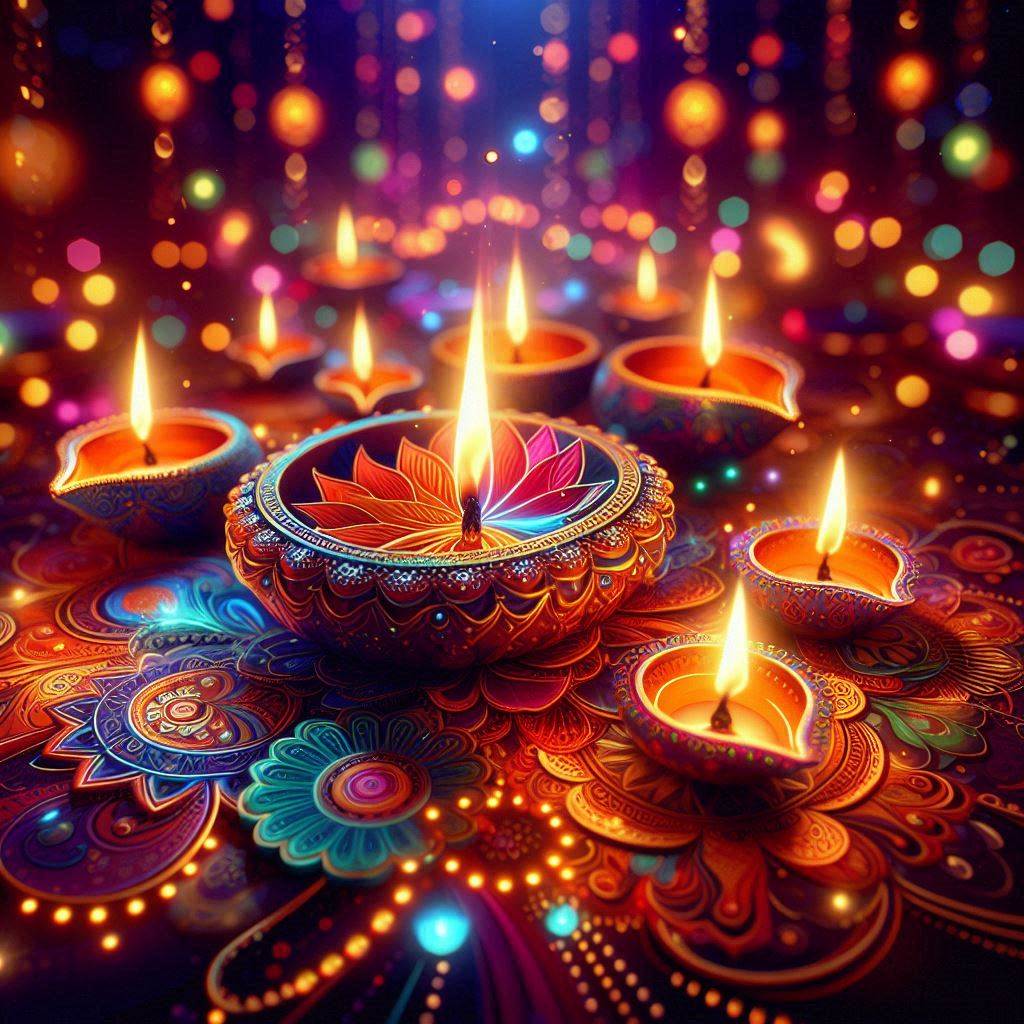
Culture
Summary
Diwali, also known as the Festival of Lights, is one of the most significant festivals in Hindu culture, celebrated with immense joy and fervor across India and around the world. The festival symbolizes the victory of light over darkness, good over evil, and knowledge over ignorance. It is a time of joy, gratitude, and renewal, marking the beginning of a new year and a new chapter in life.
Article
One of the central rituals of Diwali is the lighting of diyas, or oil lamps, which are placed around homes, temples, and public spaces to symbolize the triumph of light over darkness. The illumination of diyas is believed to bring blessings and prosperity into the home and ward off evil spirits. Firecrackers are also a common feature of Diwali celebrations, adding to the festive atmosphere and symbolizing the victory of good over evil.
Another important aspect of Diwali is the exchange of gifts and sweets among family members, friends, and neighbors. It is a time of generosity and sharing, as people reach out to those in need and spread joy and happiness. Homes are decorated with rangoli, colorful designs made on the floor using colored powders, flowers, and rice, adding to the festive ambiance.
Diwali is also a time for prayer and reflection, as people seek the blessings of the goddess Lakshmi, the goddess of wealth and prosperity, and Lord Ganesha, the remover of obstacles. Families gather for puja, or prayers, to seek blessings for a prosperous year ahead and to express gratitude for the blessings they have received.
In conclusion, Diwali is a festival that celebrates the triumph of light over darkness and good over evil. It is a time of joy, gratitude, and renewal, where people come together to celebrate the beauty of life and the hope for a brighter future. Diwali reminds us of the importance of light, both literal and metaphorical, in our lives, and inspires us to spread joy, happiness, and positivity wherever we go.
No opinions exist on this article yet!
Be the first one to share an opinion on this article.
This article does not have any attachments.
No Access
Share access to start recording your opinion

